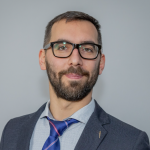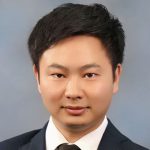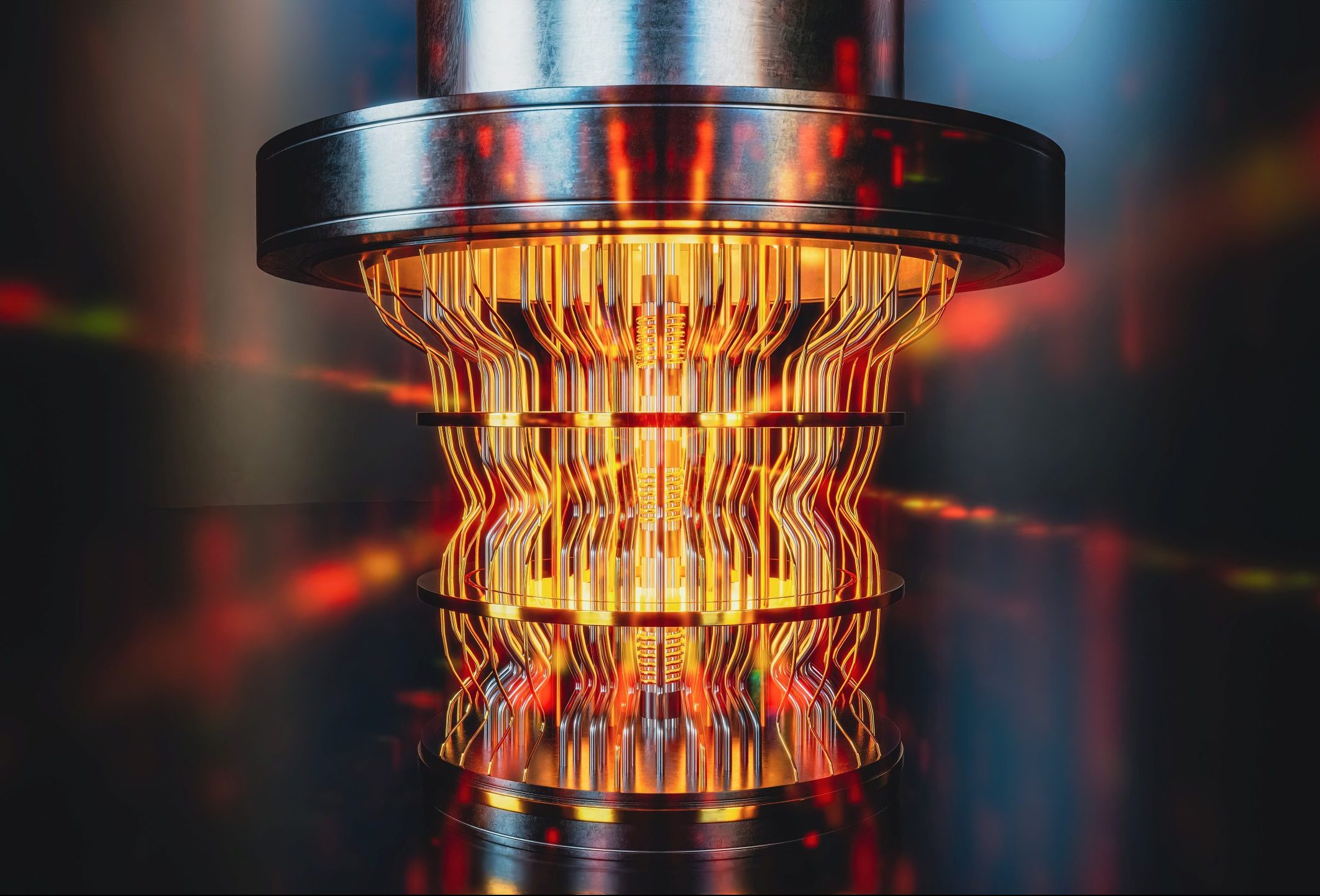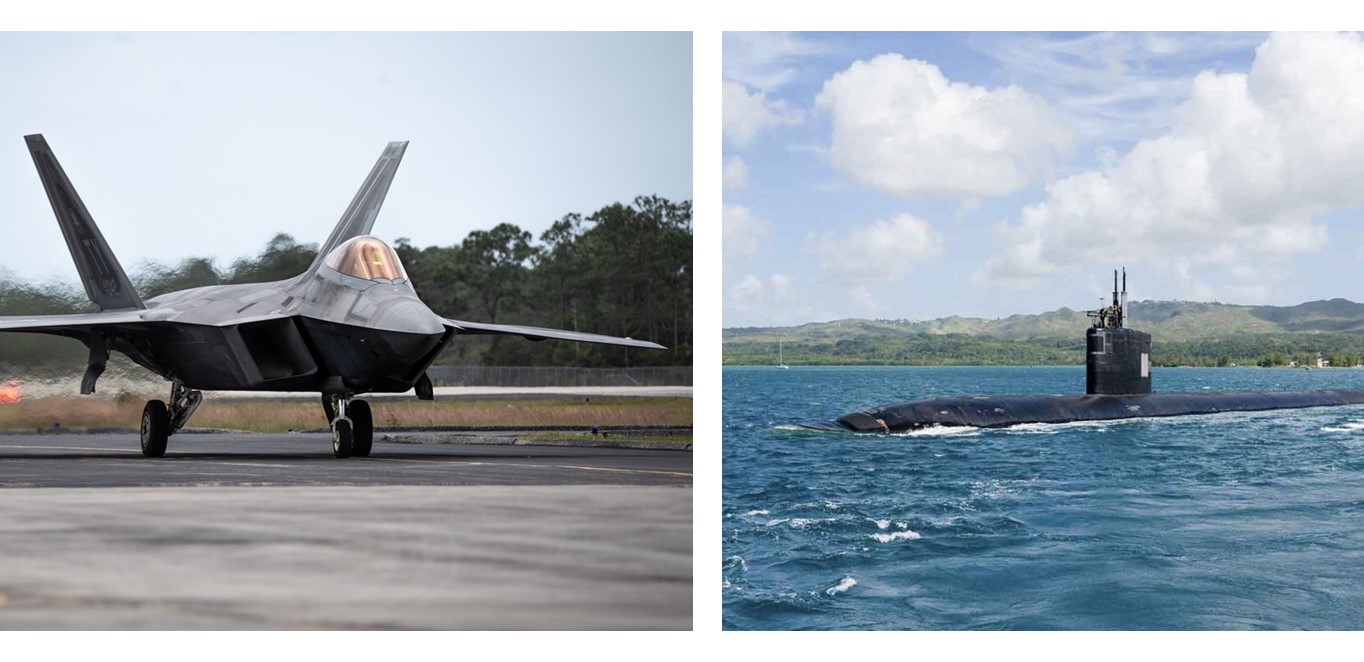The Eversource Energy Center at UConn is celebrating the achievements of two of its leading researchers, Diego Cerrai and Junbo Zhao, who have each received the National Science Foundation’s highly competitive Faculty Early Career Development (NSF CAREER) Award.
Dr. Diego Cerrai, Interim Director of the Eversource Energy Center and Assistant Professor in the School of Civil and Environmental Engineering, is advancing the science behind power outage prediction and restoration. His research focuses on improving how utilities forecast outages caused by snow and ice storms — and how they respond. By combining detailed observations of snow density with improved weather models, Cerrai’s work will refine the UConn Outage Prediction Model, already used by major utilities. His project also includes developing a new restoration model that factors in road conditions during winter weather, with the aim of reducing inequities in power restoration for rural communities. Read more about Cerrai’s research.
Dr. Junbo Zhao, Associate Director of the Eversource Energy Center and Assistant Professor of Electrical and Computer Engineering, is tackling the challenges of keeping our power grid stable and secure in an era of rapid growth in renewable energy. Zhao’s CAREER project will improve grid operators’ ability to monitor and control power systems in real time, helping prevent large-scale blackouts like the 2003 Northeast blackout. His integrated research and education plan also includes hands-on training, industry collaboration, and outreach to inspire the next generation of energy innovators. Learn more about Zhao’s research.
Congratulations to both faculty for their exceptional contributions to grid reliability and resilience — and for strengthening the Eversource Energy Center’s role as a leader in energy research.




 The
The